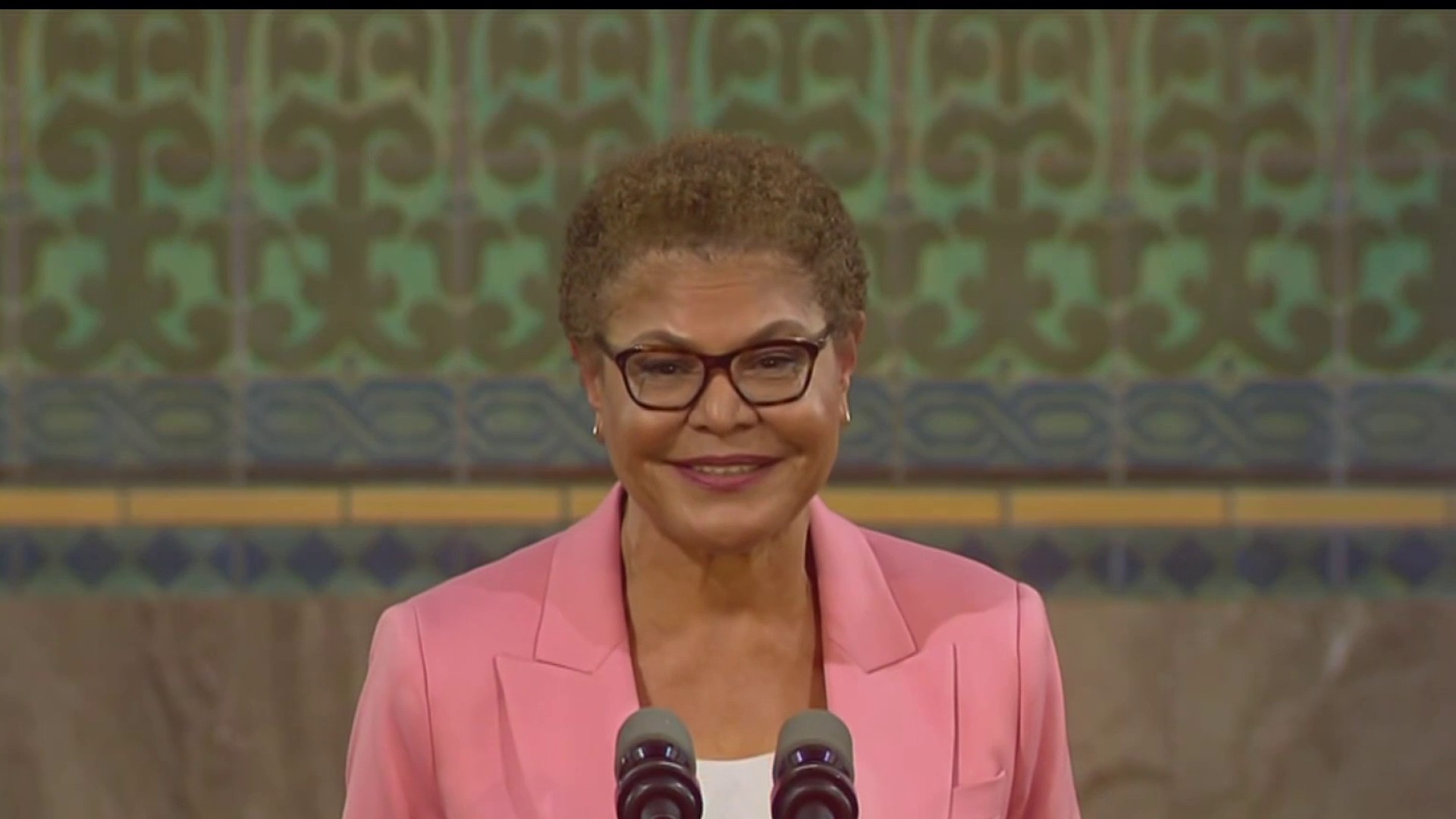The Los Angeles County Board of Supervisors Tuesday approved a $10.1 million payout for a man who spent 20 years in prison before his murder conviction was overturned and who claimed a sheriff's deputy had steered a witness to identify him as the shooter.
Francisco "Franky" Carrillo Jr. was convicted of killing Donald Sarpy in a 1991 drive-by attack in an area of Lynwood that was home to two rival gangs. Carrillo was 16 at the time.
A gang member who served as a key witness "believed that the shooter was a rival gang member" and picked Carrillo out of a "gang book" of 140 photos on the night of the shooting, according to a summary provided to the board. The witness then re-identified Carrillo from a "six-pack" photo array.
Five other witnesses looked at the photo array just before Carrillo's preliminary hearing -- about six months after the shooting -- and chose Carrillo's photo before testifying at trial that he was the gunman, according to that summary.
However, at a 2011 hearing to reconsider Carrillo's conviction, eyewitnesses admitted that they couldn't really see the gunman's face. The first witness had already recanted his identification, saying he was convinced someone else was the shooter.
Defense attorneys said two other men had since confessed to the crime, though those men refused to testify and incriminate themselves, according to the Santa Clara University School of Law.
Los Angeles County Superior Court Judge Paul A. Bacigalupo ordered Carrillo's release, concluding that "the eyewitness evidence against him was either false, tainted or both."
News
Top news of the day
Carrillo subsequently sued the Sheriff's Department, arguing that former Deputy Craig Ditsch had steered the first witness's identification.
That witness had randomly selected several photos from the gang book, but was told each time by Ditsch that his selection "could not be the suspect," according to court documents. When the witness picked Carrillo, Ditsch told him he'd made the "right choice."
The witness said Ditsch threatened him when he later decided to recant, according to the court.
Ditsch testified during trial that witnesses often recant for fear of being seen as "snitches" and said the witness changed his story after being sent to jail.
Though the District Attorney's Office chose not to retry Carrillo, county attorneys challenged his lawsuit. The county argued that Ditsch and the department were immune from prosecution because the law was unclear in 1991 about whether police, and not just prosecutors, had to disclose exonerating evidence.
A federal appeals panel ruled last August that law enforcement personnel could be held liable -- in Carrillo's case and another unrelated case -- because the law requiring police to turn over exonerating evidence was well established and would have been understood by any reasonable police officer.
Eyewitness testimony is a leading cause of wrongful convictions.
In a "corrective action plan" submitted to the board, county employees concluded that the primary cause of the problem was that five of the witnesses were not shown the photo array until six months after the shooting.
The plan also acknowledged that training and policies regarding suspect identification were inadequate.
New policy was formally set in 2016 that aims to prevent undue influence on witnesses and limit communication between witnesses.



